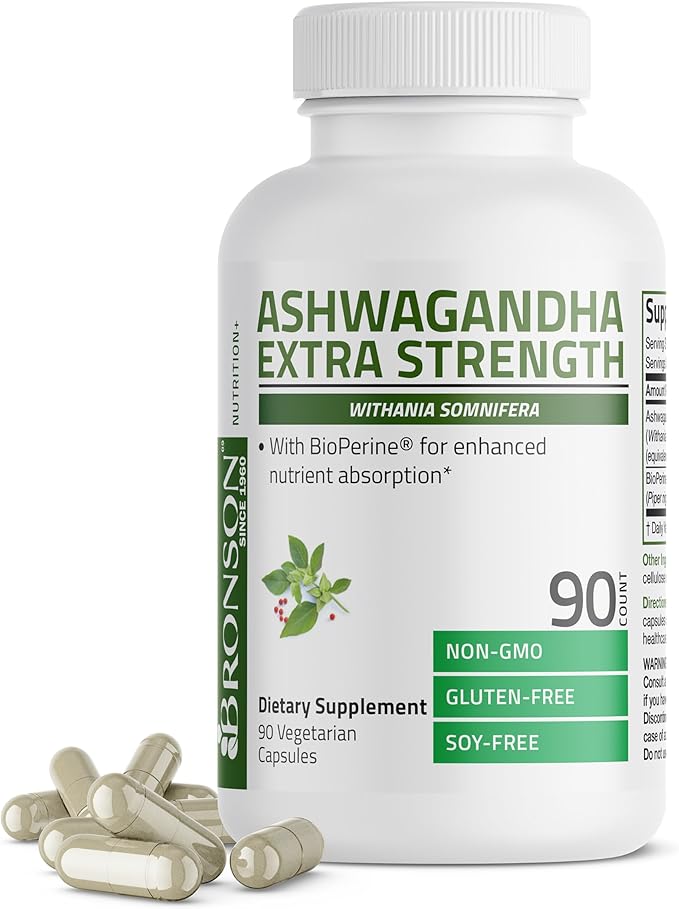Can you take Alpha Linolenic Acid and Ginseng together?
Interaction Details
Taking Alpha Linolenic Acid (ALA) and Ginseng together has the potential for good synergy, suggesting a rating of 4 out of 5.
Alpha Linolenic Acid, an omega-3 fatty acid, and Ginseng, an adaptogenic herb, may interact beneficially when taken together. ALA's anti-inflammatory properties, which can help with conditions like heart disease, might complement Ginseng's adaptogenic effects, enhancing the body's resilience to stress. Ginseng is known to have antioxidant properties as well, which could synergize with ALA's similar effects, potentially amplifying their individual benefits. For instance, Ginseng's ability to improve blood circulation could enhance the delivery of ALA to various tissues, thereby maximizing its anti-inflammatory effects. Additionally, the combination may support heart health more effectively than either supplement alone, given ALA's role in reducing triglycerides and Ginseng's potential to improve cardiovascular function.
Potential Benefits
Potential Risks
Alpha Linolenic Acid
Alpha-Linolenic Acid (ALA) is an omega-3 fatty acid found in plant-based foods such as flaxseeds and walnuts. It is considered an essential fatty acid because the human body cannot produce it on its own.
Some benefits of ALA include supporting heart health and reducing inflammation.
Ginseng
Ginseng is a herbal supplement derived from the roots of the Ginseng plant, used in traditional medicine for its adaptogenic properties.
It is believed to improve physical and mental performance, boost energy, and enhance overall well-being.
